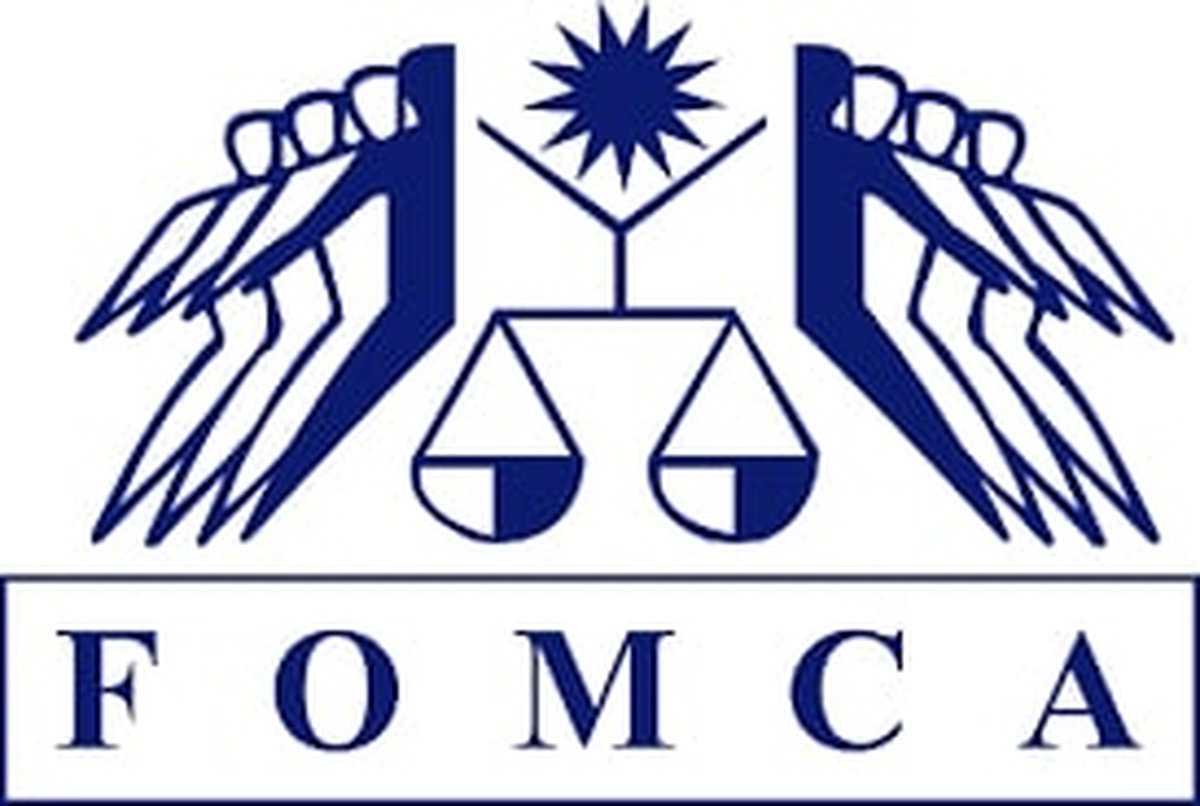PETALING JAYA: Malaysia’s middle class is being squeezed out of national policymaking, despite bearing the brunt of rising costs and shrinking financial buffers, says the Federation of Malaysian Consumers Associations (Fomca).
Fomca chief operating officer Nur Asyikin Aminuddin said while public aid and subsidies are typically directed at the B40 group, the M40 – those earning between RM5,000 and RM10,000 monthly – are increasingly caught in a financial bind. The middle class is battling inflation, rising living costs and fading financial safety nets.
“They’re too ‘rich’ for aid but not rich enough to withstand economic shocks. Their commitments – housing loans, education, insurance and care for ageing parents aren’t factored into current income-based assessments. They’re trapped in survival mode.”
Nur Asyikin said Fomca has received more complaints from M40 households, especially since the Sales and Service Tax (SST) was raised to 8%.
She said it has driven up service costs in logistics, repairs and professional fees – putting further pressure on household budgets.
“M40 families are facing higher prices on essentials like food, transport and utilities. Maintaining a decent standard of living in urban areas is increasingly difficult.”
One alarming trend, she noted, is the rising number of families surrendering or letting health insurance policies lapse.
“Premiums have become unaffordable as basic needs take precedence. Any emergency – illness, retrenchment – leads to cost-cutting and insurance is often the first to go. With private healthcare costs rising, insurance is no longer a luxury but a necessity. Yet, many are underinsured or uninsured, forced to rely entirely on the overstretched public system.”
Childcare and housing, she added, are critical pressure points.
“In urban areas, early education and daycare can consume 30% to 40% of household income. Some parents cut working hours or rely on unregulated caregivers, affecting both income and child development.”
As for housing, many so-called “affordable” homes fall short, said Nur Asyikin.
“People think they’re buying stability, but end up in buildings with broken lifts or overcrowding. Home ownership should come with dignity and safety, not just a roof.”
Fomca is calling for a major policy shift – away from rigid income categories like B40, M40 and T20 – to a more nuanced, needs-based framework.
Specifically, it urges the adoption of the Reasonable Basic Living Expenses (Perbelanjaan Asas Kehidupan Wajar or PAKW) tool, developed by the Statistics Department.
“PAKW calculates household well-being based on actual spending needed for a dignified life, including food, housing, healthcare, transport and childcare, not just income.
“It adjusts for location, family size and life stage, offering a clearer picture of who truly needs support.”
Nur Asyikin said wider PAKW adoption across ministries could make social programmes more effective, especially for urban, middle-income households.
Fomca also recommends breaking down the M40 into lower and upper tiers and publishing regional PAKW data for more localised policymaking.
“There is a growing class of ‘invisible poor’ within the M40 who don’t show up in statistics simply because their income sits just above the cut-off.
“The government must realise that well-being isn’t just about surviving, it’s about helping families live with dignity.”









